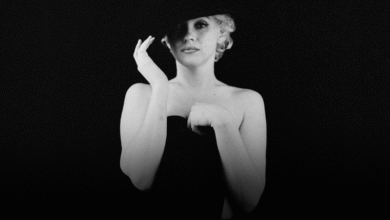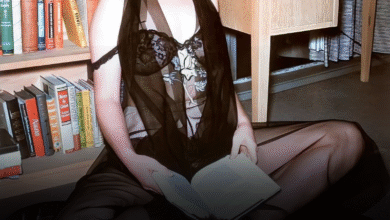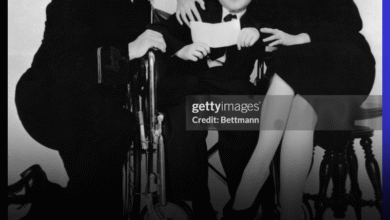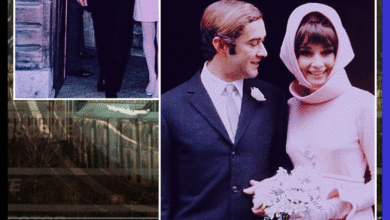Harrison Ford’s Risky Role in The Conversation – Why Playing a Gay Character Was a Career Game-Changer
OPINION: This article may contain commentary which reflects the author's opinion.
Before he became Indiana Jones or Han Solo, Harrison Ford was a struggling actor-turned-carpenter who found himself on the cusp of stardom. One pivotal moment in that journey was his role in Francis Ford Coppola’s 1974 neo-noir thriller The Conversation. Decades later, Ford’s quiet but significant creative risks on set—and Coppola’s openness to them—paint a vivid picture of artistic collaboration and trust between a young actor and an already legendary filmmaker.
The Conversation, which premiered at the 1974 Cannes Film Festival and won the Grand Prix, starred Gene Hackman as a haunted surveillance expert facing a crisis of conscience. Ford played Martin Stett, a corporate assistant with a calm yet chilling demeanor. While the role was initially minor, Ford’s performance—and his bold interpretation—elevated the character into a memorable supporting presence.
One of the most striking revelations about Ford’s experience was his decision to play Stett as a gay character, a choice not in the original script. According to SlashFilm, Ford arrived on set in a tailored $900 green flannel suit and offered no prior explanation for his character choices. Coppola, known for fostering creativity on his sets, was initially surprised but allowed Ford to follow his instincts. The set design was even altered to reflect this new characterization, showcasing Coppola’s flexibility and respect for Ford’s artistic input.
The decision was a risky one. In 1974, Hollywood was far from inclusive, and Ford was still auditioning for roles that could make or break his fledgling career. Playing a gay character in a serious drama was considered “risky as hell,” especially for an actor without star power to shield him. Yet, Coppola’s support offered Ford a rare opportunity to explore and assert his craft at a time when most young actors conformed to safer roles.
Though direct interviews from 1974 about Ford’s experience on The Conversation are scarce, later accounts offer context. During a 2025 American Film Institute tribute, Ford acknowledged the profound influence Coppola had on his early career, including the moment he was introduced to George Lucas while working as a carpenter on Coppola’s property. That connection would eventually lead to Star Wars—and to Ford’s meteoric rise.
The impact of The Conversation on Ford’s career cannot be overstated. As noted in a CBR retrospective, the performance helped secure him a reading for Star Wars, bridging the gap between anonymity and iconic status. For Coppola, the film remains a high point of personal filmmaking, and Ford’s interpretation of Stett only deepened its layered complexity.
In retrospect, The Conversation stands not only as a classic of 1970s American cinema but also as a quiet milestone in Harrison Ford’s journey—one marked by gutsy choices, collaborative risk-taking, and the kind of mutual respect that defines great filmmaking.



